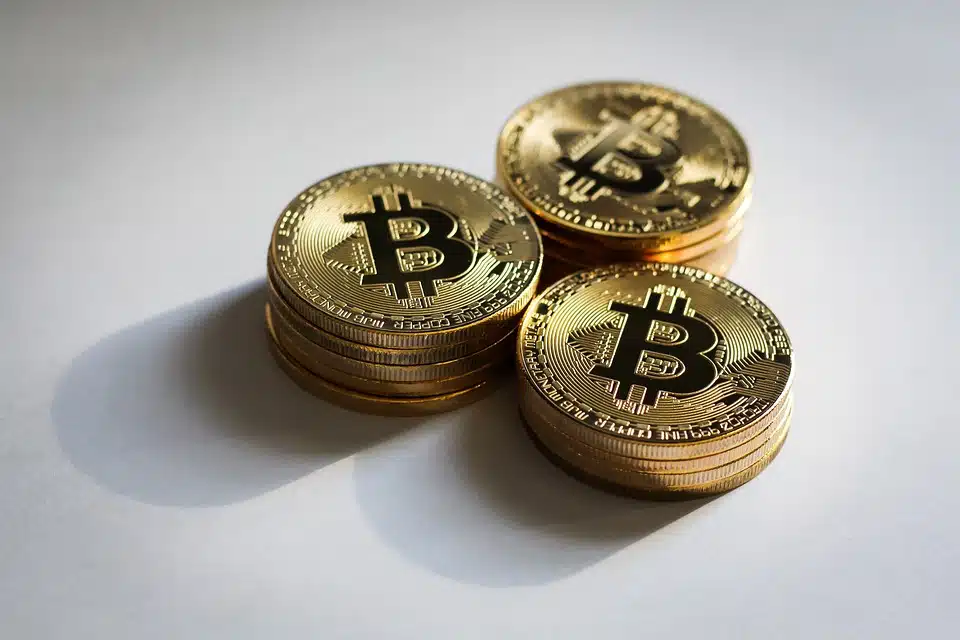Introduction
Altcoins, or alternative cryptocurrencies, are digital assets that are created to provide a different solution than the one offered by Bitcoin. These digital assets are created to offer a different set of features, such as faster transaction times, lower transaction fees, or different privacy protocols. Altcoins have become increasingly popular in recent years, as they provide investors with a way to diversify their cryptocurrency portfolios and gain exposure to a wider range of digital assets.
In this article, we will explore the concept of altcoins, discuss the different types of altcoins available, and explain how investors can benefit from investing in them. We will also discuss the risks associated with investing in altcoins, and provide some tips for those looking to get started.
What are Altcoins?
Altcoins are digital assets that are created to provide a different solution than the one offered by Bitcoin. These digital assets are created to offer a different set of features, such as faster transaction times, lower transaction fees, or different privacy protocols. Altcoins are typically created by developers who are looking to improve upon the existing Bitcoin protocol.
The term “altcoin” is derived from the words “alternative” and “coin”, and is used to describe any cryptocurrency that is not Bitcoin. Altcoins are typically created using the same technology as Bitcoin, but they offer different features. For example, Litecoin is a popular altcoin that is designed to offer faster transaction times than Bitcoin.
Types of Altcoins
The altcoin market is vast and diverse, and there are many different types of altcoins available. Here are some of the most common types of altcoins:
- Privacy coins: Privacy coins are digital assets that are designed to offer enhanced privacy features. These coins typically use advanced encryption techniques to ensure that transactions are secure and private. Examples of privacy coins include Monero, Zcash, and Dash.
-
Utility tokens: Utility tokens are digital assets that are created to be used as a form of payment within a specific platform or network. These tokens can be used to purchase goods and services, or to access certain features. Examples of utility tokens include Ethereum, EOS, and NEO.
-
Security tokens: Security tokens are digital assets that are created to represent an investment in a company or project. These tokens are typically issued through an Initial Coin Offering (ICO) and can be traded on secondary markets. Examples of security tokens include Polymath and tZERO.
Benefits of Investing in Altcoins
Investing in altcoins can be a great way to diversify your cryptocurrency portfolio and gain exposure to a wider range of digital assets. Here are some of the benefits of investing in altcoins:
- Diversification: By investing in a variety of altcoins, investors can diversify their portfolios and reduce their risk. This is especially important in a volatile market like cryptocurrency, where prices can fluctuate dramatically.
-
Access to new technology: Investing in altcoins can give investors access to new and innovative technologies that may not be available in other markets. For example, investing in privacy coins can give investors access to enhanced privacy features.
-
Lower fees: Many altcoins have lower transaction fees than Bitcoin, making them attractive to investors who want to save money.
Risks of Investing in Altcoins
While there are many benefits to investing in altcoins, there are also some risks associated with this type of investment. Here are some of the risks to consider:
- Lack of liquidity: Many altcoins have low trading volumes, meaning that it can be difficult to buy and sell them quickly. This can make it difficult to exit a position if the price of the altcoin moves against you.
-
Lack of regulation: The cryptocurrency market is largely unregulated, which means that there is a risk of fraud and manipulation. Investors should always be wary of investing in any asset that is not regulated.
-
Price volatility: Altcoins are highly volatile, meaning that their prices can fluctuate dramatically. This can make it difficult to make long-term investments in altcoins.
Tips for Investing in Altcoins
If you’re thinking of investing in altcoins, here are some tips to help you get started:
- Do your research: Before investing in any asset, it’s important to do your research and understand the risks associated with the investment. Make sure you understand the technology behind the altcoin, as well as its market potential.
-
Diversify your portfolio: Investing in a variety of altcoins can help to diversify your portfolio and reduce your risk.
-
Set a budget: It’s important to set a budget for your investments and stick to it. This will help to ensure that you don’t overextend yourself financially.
Conclusion
Altcoins are a great way for investors to diversify their portfolios and gain exposure to a wider range of digital assets. However, it’s important to understand the risks associated with investing in altcoins, and to make sure you do your research before investing. By following these tips, you can make sure that you make informed decisions when investing in altcoins.


